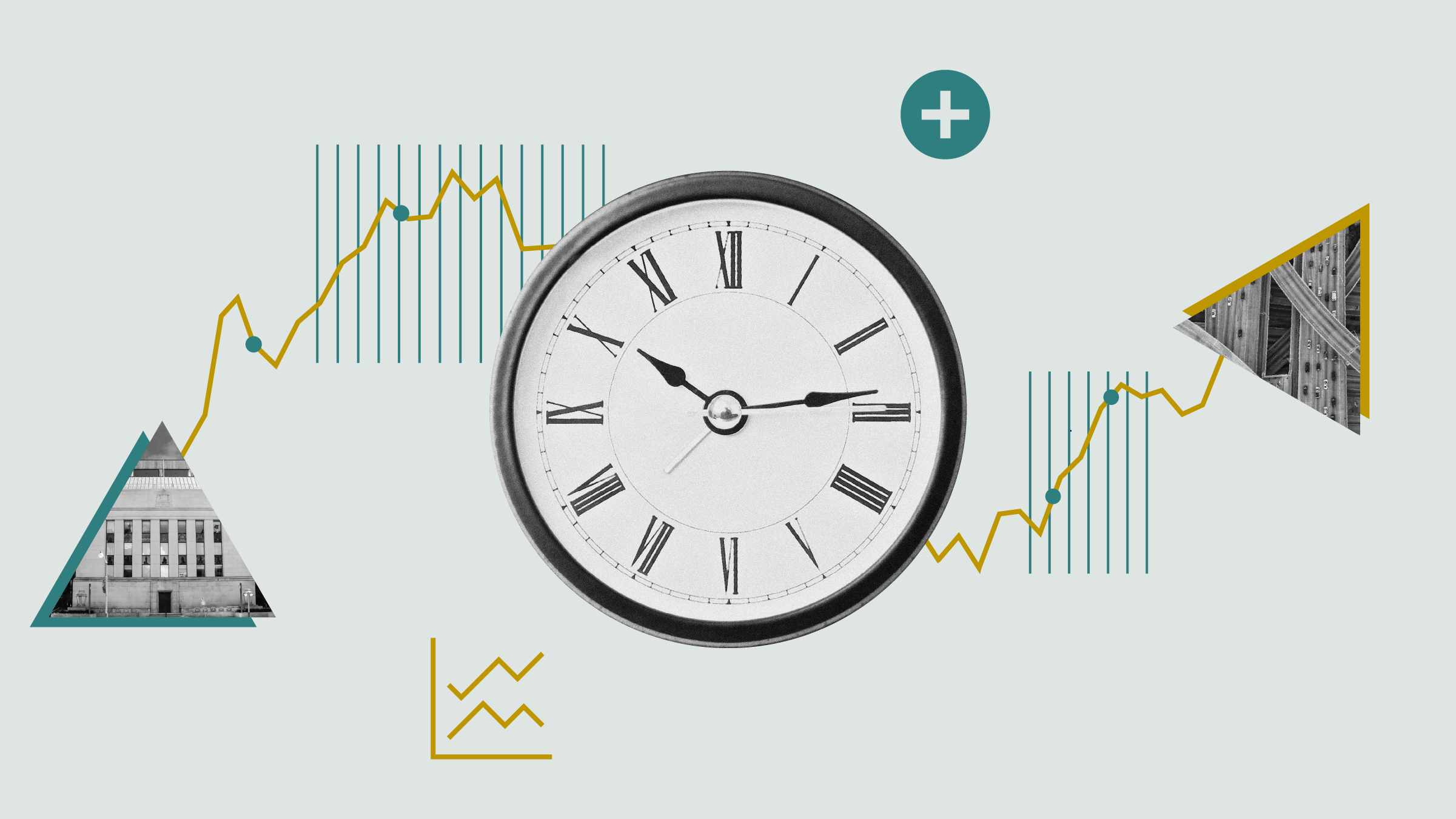:quality(80)/cloudfront-us-east-1.images.arcpublishing.com/morningstar/FGC25JIKZ5EATCXF265D56SZTE.jpg)
According to a new filing, Warren Buffett’s Berkshire Hathaway sold 5.5 million shares of HP stock earlier this week. That’s notable, because HP HPQ is one of the larger positions in Berkshire Hathaway’s BRK.A BRK.B publicly traded portfolio.
Berkshire Hathaway first revealed it had built a stake in HP in April 2022. In an interview around that time, Morningstar senior analyst Gregg Warren, who has been covering Berkshire for years, called the investment “interesting.”
“Seemed a little odd to us—not really the kind of stock that Buffett would typically invest in. I mean, I know he has holdings in Apple AAPL, but it seems to us to be a little bit more like IBM IBM, where they bought the stock a few years back, the company had good free cash flows, the company paid a good dividend. I think that might be some of it,” he said.
Why did Berkshire Hathaway sell some of its HP stake this week? Neither Buffett nor others at the firm have commented. However, Morniningstar’s Warren has a theory. “Berkshire had an all-in cost of US$4.3 billion, or US$35.62 per share. The sales, which involved just 4.5% of its total stake, garnered US$158 million in proceeds at US$28.81 per share. So it looks an awful lot like tax-loss selling—as it’s booking a 19% loss on the sales—likely to offset the major gains booked on Berkshire’s sales of BYD BYDDY shares this year,” he suggests.
Should Investors Sell HP Stock?
HP stock has struggled lately: It’s down nearly 13% during the past month and up just 8% for the year, closing at $28.33 on Sept. 13. Morningstar assigns HP stock a $30 fair value estimate and the business a High Uncertainty Rating. As a result, the stock appears to be about fairly valued today.
Morningstar’s Take on HP
HP is a legacy technology titan with poor competitive positioning, in our view, but we like its shareholder returns. HP’s core markets of PCs and printing offer low growth and slim profitability, and we don’t see much potential for them to aid HP in meriting an economic moat. We don’t anticipate HP improving its midcycle growth potential or margin profile, but we do expect it to continue generating heady cash flow and sending nearly all of it back to shareholders between its dividend and repurchase program. Investors able to look past HP’s low growth may find the distributions enticing.
Key Morningstar Metrics for HP
- Fair Value Estimate: $30
- Star Rating: 3 stars
- Economic Moat Rating: None
- Uncertainty Rating: High
Economic Moat Rating
We do not believe that HP has an economic moat. It holds top shares in the PC and printing markets, which we view as commoditylike and not conducive to moats. We see both markets as being price-competitive, eroding accounting and economic profits for participants. HP’s recent returns on invested capital have exceeded its cost of capital in recent years, but we have little confidence that the company will outearn its cost of capital over the next 10 years.
Read more about HP’s moat rating.
Fair Value Estimate for HP Stock
Our $30 fair value estimate implies a fiscal 2023 adjusted price/earnings multiple of 9 times and an enterprise value/sales multiple of 0.7 times. We forecast a fiscal 2023 free cash flow yield of 9% and dividend yield of 4%. We expect a 1% compound annual sales decline through fiscal 2027, including a cyclical downturn in fiscal 2023. We anticipate HP’s primary markets to decline in fiscal 2023 and expect midcycle top-line growth of 1% thereafter. We expect better performance out of HP’s personal systems segment, while we anticipate a long-term decline in printing. We estimate midcycle growth of 2% for personal systems, driven by a pivot toward the premium, gaming, and commercial sections of the mature PC market. We estimate printing to decline modestly over our forecast, mostly in line with the broader market. We don’t expect HP’s push into A3 sections of the market and toward a subscription model will stave off a secular decline.
Read more about HP’s fair value estimate.
Risk and Uncertainty
We assign HP a High Morningstar Uncertainty Rating. In our view, the firm’s primary risk arises from its large exposure to printing, an industry in secular decline. We anticipate sales into this market to decline over the short and long term for HP, dragging on overall results. Printing is the profit driver for HP, so we expect firmwide profits to decline commensurately with the segment. If this decline accelerates faster than we anticipate, HP’s future cash flows would be at risk.
Read more about HP’s risk and uncertainty.
HP Stock Bulls Say
- We like HP’s shareholder-return program. HP generates heady annual free cash flow and sends the majority of it back to shareholders.
- HP is a market share leader in PCs and printing, and it’s consolidating its share in each.
- HP has been pivoting toward higher-value products like gaming peripherals, commercial PCs, and A3 printers.
HP Stock Bears Say
- HP plays in two commoditylike industries that whittle down accounting and economic profits.
- We think HP faces financial risk from its large debt load, which we expect to require refinancing.
- HP’s acquisition strategy may use too much cash to pursue growth in vain, when it would be better off being sent back to shareholders.






:quality(80)/cloudfront-us-east-1.images.arcpublishing.com/morningstar/MG6XOCYGF5BO7MG5YRNBISB3SA.png)















